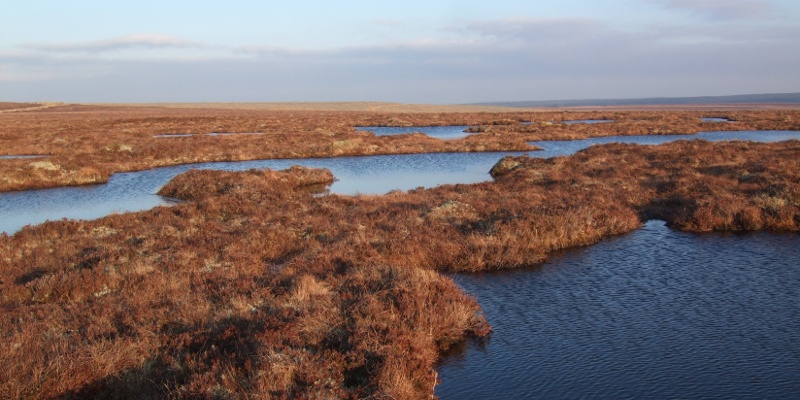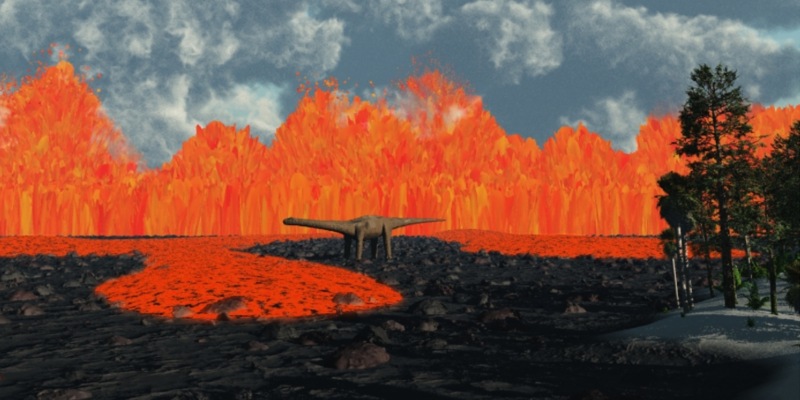Peatland Code could significantly cut greenhouse gas emissions

A new Government-backed code has been launched that could slash UK carbon dioxide emissions by 220 million tonnes and protect rare wildlife by restoring moors, bogs and mires. The Peatland Code is unveiled at the World Forum for Natural Capital in Edinburgh on 23 November following a successful two-year trial, which has seen businesses fund peatland restoration projects in southwest England, the Lake District and Wales. The Code is based on research by academics at the University of Leeds and Birmingham City University, which revealed that sustainable business investment could reverse the degradation of peatlands and significantly cut greenhouse gas emissions.
Drawing a ‘curtain of fire’ on dinosaur extinction theory?

Earth’s early history is likely to have been much less severe than previously thought, according to a study led by the University of Leeds. Asteroid impacts and long-lasting volcanic eruptions called continental flood basalts – the two most commonly cited possible causes of mass extinction events – would have propelled gas and dust into the atmosphere and altered climate for years. But, until now, the impact of years of sulphur dioxide emissions from continental flood basalts was unknown. In a study published online on 23 November in Nature Geoscience, researchers have provided for the first time a quantitative estimate of the degree and nature of the effects that such eruptions had on the Earth’s climate, vegetation and oceans.

